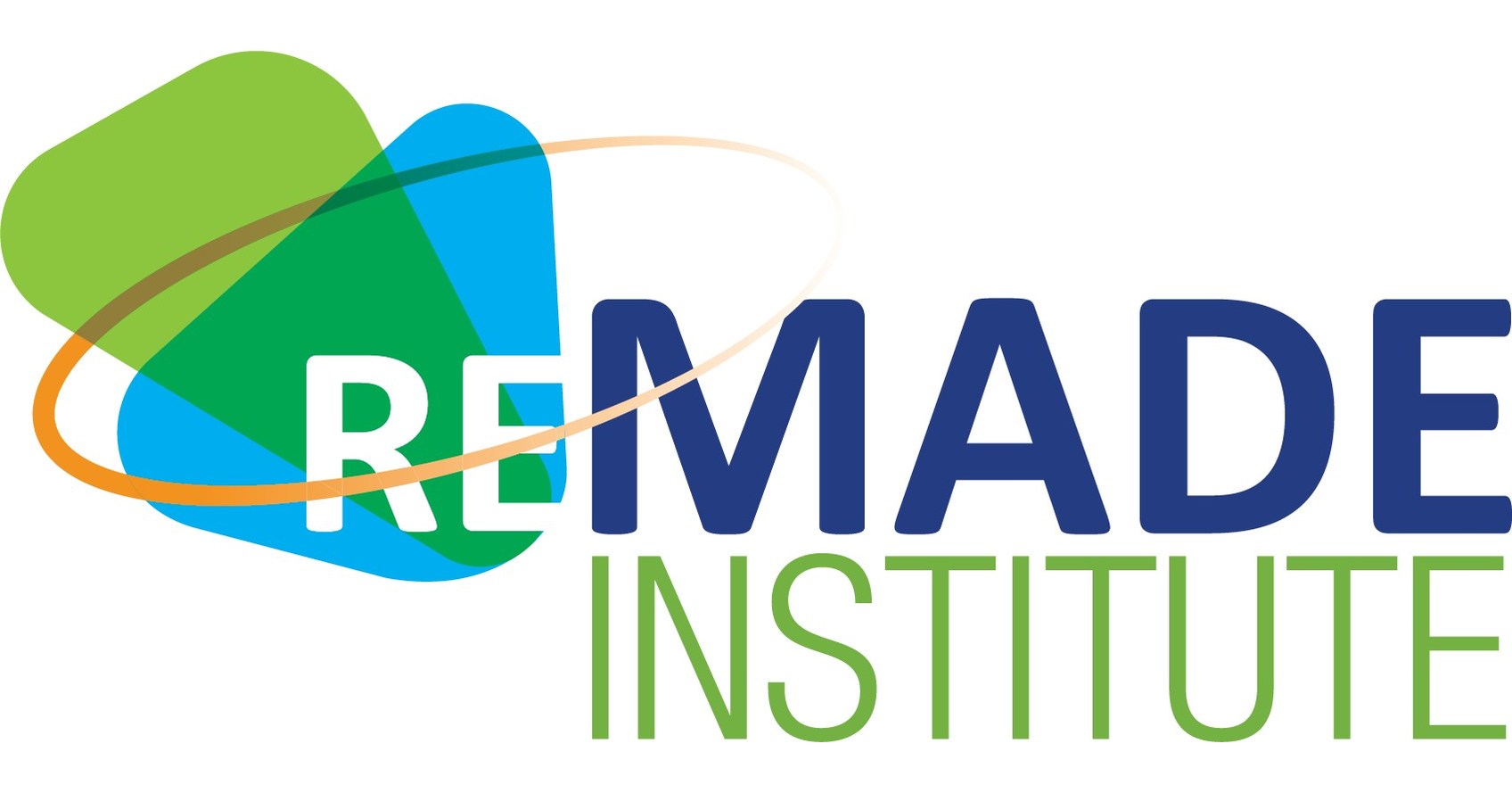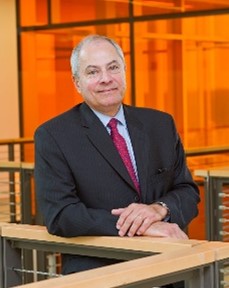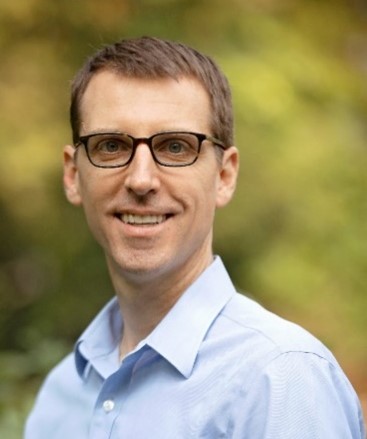Keynote
Monday May 15, 2023
Innovation in the Circular Economy through Technology
Nabil Nasr

Abstract: In response to growing materials recovery and recycling challenges, there is a need to address those challenges at a national level with clear goals and objectives. The REMADE (Reducing Embodied-energy and Decreasing Emissions) Institute was formed as a public/private partnership focused on developing transformational technologies to accelerate the transition to a Circular Economy for materials such as; plastics, metals, fibers, and e-waste. The institute is funded through a cooperative agreement with the Department of Energy with $70 Million in Federal funding and $70 Million in private funding for the first 5 years. This presentation will provide an overview of the REMADE Institute and its technology strategy. REMADE seeks to enable early-stage applied research and development of key industrial platform technologies that could dramatically reduce embodied energy, emissions, and waste and increase material availability associated with industrial-scale materials production and processing. Eliminate and/or mitigate technical and economic barriers that prevent greater material recycling, recovery, remanufacturing, & reuse.

Biosketch: Dr. Nabil Nasr is the associate provost for academic affairs and founding director of Rochester Institute of Technology’s (RIT) Golisano Institute for Sustainability (GIS). Nasr is also the founding CEO of the REMADE Institute. He launched RIT’s Center for Remanufacturing and Resource Recovery (C3R®). His research focuses on remanufacturing, circular economy, life-cycle engineering, clean production, and sustainable product development. He is a member of the International Resource Panel of the U.N. Environment Programme, and serves on the board of trustees for the Ellen MacArthur Foundation. He has represented the U.S. as an expert delegate in international forums such as the Asia Pacific Economic Cooperation, United Nations, World Trade Organization, and the Organization for Economic Co-operation and Development. Dr. Nasr is an elected Fellow of IISE (Institute of Industrial and Systems Engineers).
Monday May 15, 2023
Sustainable Industrial Decarbonization
Paul Majsztrik

Abstract: The industrial sector is responsible for ~30% of all greenhouse gas (GHG) emissions in the United States. Subsectors with the highest concentration of energy use and carbon emissions include chemicals and refining, iron and steel, food and beverages, cement and concrete, and forest products. These account for nearly 80% of manufacturing greenhouse gas (GHG) emissions and primary energy use. While general strategies such as electrification and low-carbon feedstocks and fuels are part of the solution to decarbonize these “hard-to-abate” industries, each subsector has unique decarbonization and sustainability challenges that benefit from sector-specific decarbonization and sustainability strategies. An overview of these subsectors will be presented, illustrating key challenges and potential solutions for decarbonization. Life cycle analyses and engineering incorporating a wide lens (including energy, raw materials, manufacturing, and environmental systems) will be critical to finding solutions that are practical, sustainable, and minimize unintended consequences.

Biosketch: Paul Majsztrik recently joined the U.S. Department of Energy as Program Manager for the Energy- and Emissions-Intensive Industries program in the Industrial Efficiency and Decarbonization Office (IEDO). In this role, he leads a sector-specific industrial decarbonization effort that drives innovation, development, and demonstration of enabling technologies through RD&D partnerships with industry, national labs, and academia. Prior to joining DOE, Paul spent 15 years leading private sector RD&D aimed at innovating and scaling technologies that enable industrial and energy sector decarbonization. This includes work in low-carbon cement and concrete (Solidia Technologies), CO2 to chemicals (Liquid Light), energy storage/conversion technologies, and novel routes for high-purity silicon production. Paul’s work spanned process, equipment, and materials innovation/scale-up as well as sustainability. Paul has a background in mechanical engineering and applied physics (Rutgers University), an MS in Mechanical Engineering (Vanderbilt) and PhD in Chemistry and Materials (Princeton) as well as post-doctoral work at Oak Ridge National Lab. His focus was on energy conversion materials and processes.
Tuesday May 16, 2023
The Power of Partnership – Environmental Sustainability in the Semiconductor Industry
Elizabeth Elroy

Abstract: In this presentation, we explore the crucial role of partnerships in delivering sustainable solutions in semiconductor manufacturing. As the demand for advanced memory products continues to grow, the industry must minimize its environmental impact and embrace sustainability practices. I will highlight the necessity of strategic collaborations between internal partners in technology development, operations and construction, including expansions, and external supply chain partners, venture start-ups, academia, and customers in addressing these challenges. By leveraging the strengths of each stakeholder, these partnerships can enable innovative solutions for our net zero commitment, resource optimization, waste reduction, and energy efficiency in semiconductor manufacturing. Through case studies and examples focused on enabling net zero, we demonstrate how collaborative efforts will lead to breakthroughs in manufacturing process, sustainable materials, and waste management. Additionally, we emphasize the importance of fostering an ecosystem that encourages knowledge sharing, skills development, and technological advancements to build a more sustainable future for our industry. Join us as we delve into the transformative power of partnerships in achieving long lasting, positive change within this vital sector.

Biosketch: Elizabeth Elroy, (Beth), is the vice president of Global EHS and Sustainability at Micron Technology, Inc, leading a worldwide team responsible for developing and implementing our EHS and Sustainability strategies. Beth joined Micron as an environmental engineer and has served in a wide range of roles including Environmental Manager, Engineering and Construction Manager, and Senior Director of Facilities. Beth is a strong advocate for Micron’s DEI initiatives and has mentored several women through the years. She volunteers many hours to our STEM programs and is the Executive Sponsor for Micron’s Capable employee resource group. External to Micron, she serves on the Idaho Board of Directors for the Department of Environmental Quality and is active in numerous outdoor activities. Beth holds a bachelor’s degree in Mathematics from the College of Idaho and a master’s degree in Engineering from Idaho State University.
Tuesday May 16, 2023
Integrating Sustainability into the Product Life Cycle with Data-Driven Manufacturing: Harnessing the Power of Data
Dilip Bhaskaran Nair

Abstract: Digitization and data driven approaches are critical for incorporating sustainability in the product lifecycle in manufacturing. By collecting and analyzing data at each stage of the product life cycle, manufacturers can not only identify opportunities to reduce their environmental impact, optimize energy and resource use, and improve efficiency, but also facilitate the evolution of more sustainable business models. CGI, a global IT and business consulting services firm, has been pioneering Data-Driven Manufacturing bringing together cross-industry and technology expertise and insights to understand the importance of data and technology and their relationship to business value and sustainability. This presentation will discuss data-driven manufacturing and how it can enable manufacturers to design, build, service, and exit products and services in a more sustainable manner. It will also discuss the role of information technology in advancing sustainable manufacturing practices.

Biosketch: Dilip Nair is a senior executive with more than 25 years of experience in business technology consulting. As Vice President, Consulting Services, he currently leads consulting services for manufacturing, retail and renewables clients within CGI’s U.S. East business unit. In his role, Dilip advises and guides diverse organizations on strategies and tactics to transform supply chains, enhance customer experience and become data-driven. He also brings a track record of successfully leading the end-to-end execution of several multi-year technology-led business transformation initiatives across clients in multiple industries. With his extensive cross-industry subject matter expertise in manufacturing, logistics, financial services and retail domains, Dilip is also adept at exploring new interdisciplinary approaches to problem-solving by studying and incorporating continuing advances in technology and methods. Dilip holds a Bachelor’s of Science Degree from Bharathidasan University, India; and a Post Graduate Diploma in Management (equiv. to MBA) from Goa Institute of Management, India. Dilip also successfully completed a 14-week Supply Chain Management (SCM) Leadership Academy program from the Haslam School of Business (UT Knoxville) and continues to pursue multiple Data Science certifications through HarvardX.